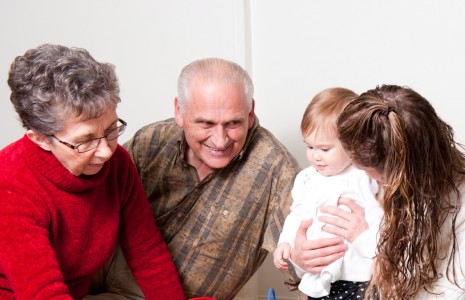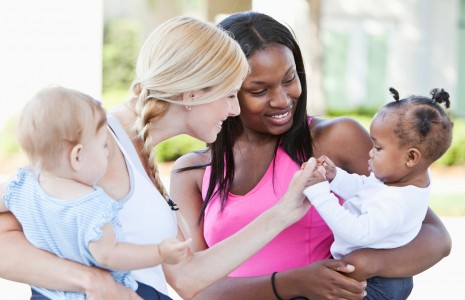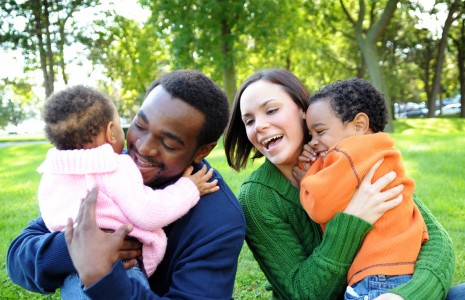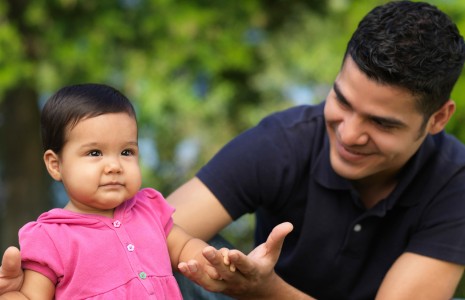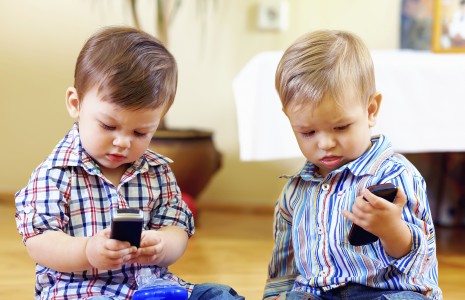As parents, we have a host of tools at our disposal to help us navigate the important early years of our children’s lives. We have parenting books, magazine articles, online guides, and even smart phone apps for some tasks. In addition, we have a network of pediatricians, teachers and fellow parents to share knowledge and advice.
Attachment parenting is a polarizing phrase, conjuring in some the image of buzzing helicopter parents hovering oppressively over their children, and in others an image of benevolent, selfless parents dedicated to cultivating the perfect human adult.
Attachment is your baby’s feeling of safety and her assurance that you are available to meet her needs. Attachment is a crucial element of her early development and is an important predictor of her later social adjustment. A secure attachment to her closest caregivers helps your baby deal with distressing situations, strange environments, and perceived threats.
It is widely acknowledged by researchers that parental sensitivity is a crucial ingredient—perhaps the most crucial one of all—for the healthy social and emotional development of infants and young children. This consensus is not just based on popular wisdom; it’s been repeatedly confirmed by scientific evidence.
What is social and emotional learning, and why is it important? In a nutshell, it’s recognizing our emotions, having some control over them, having empathy for others, handling conflict well, and making good choices about personal and social behavior.
From the moment your child is born, he is learning about the world around him. Years before he starts kindergarten, he is a voracious student. From day one he’s learning cognitive skills that will soon help him understand words and gestures. But he’s also observing how other people in his world act and interact.
